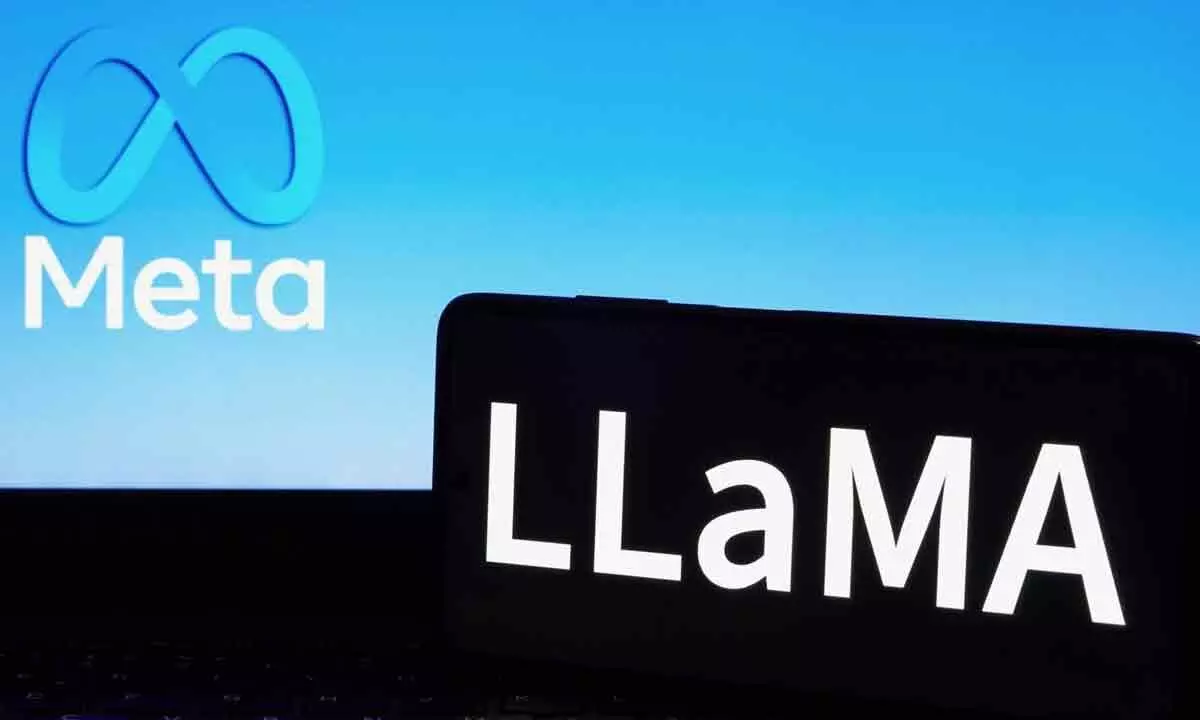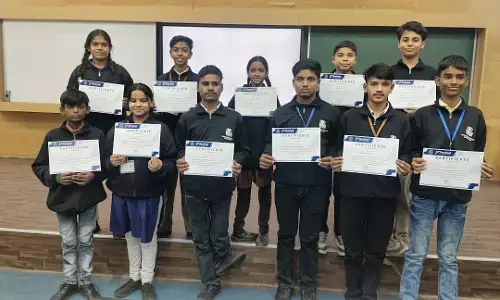Meta Launches Llama 3.1: A Groundbreaking Open-Source AI Model Competing ChatGPT

Meta's Llama 3.1, an advanced open-source AI model, outperforms top competitors and expands multilingual support across 22 countries.
Meta has unveiled Llama 3.1, an open-source AI model that aims to surpass the performance of ChatGPT. The tech giant has been hinting at this release since April, and as of July 23, Llama 3.1 has officially entered the scene. Meta claims this model is not only the largest open-source AI model ever developed but also one that has already outperformed notable competitors like GPT-4o and Anthropic's Claude 3.5 Sonnet in several benchmarks.
The introduction of Llama 3.1 marks a significant milestone for Meta in the AI landscape. Last year's Llama 2 model was a solid contender, albeit trailing behind the cutting-edge models of that time. Now, Llama 3.1 stands on par with the most advanced AI models available, and in some cases, it even leads the pack.
Understanding Llama 3.1
Llama 3.1 is Meta's most sophisticated AI model to date. This iteration builds upon the Llama 3 framework, offering users a robust and versatile AI tool. In a blog post, Meta CEO Mark Zuckerberg likened the rise of open-source AI models to the dominance of Linux over proprietary operating systems. He suggested that open-source AI could follow a similar trajectory, eventually becoming a dominant force in the industry.
Zuckerberg drew parallels between Meta's commitment to open-source AI and its previous success with the Open Compute Project, which led to significant cost reductions through collaborative innovation. He envisions a similar outcome for AI, where open-source development accelerates advancements and improves efficiencies, akin to the transformative impact of the Open Compute Project on data centre design and operations.
Alex Heath stated, "I believe the Llama 3.1 release will be an inflection point in the industry where most developers begin to primarily use open source, and I expect that approach to only grow from here."
Llama 3.1 is set to be available on major cloud platforms, including AWS, Azure, Google Cloud, Oracle, and others. Companies like Scale.AI, Dell, and Deloitte are gearing up to assist enterprises in adopting Llama and training custom models using their own data.
However, Meta has been notably silent on the specific datasets used to train Llama 3.1, leaving some questions about the model's training process unanswered.
Expanding Meta AI's Global Reach
Meta is also broadening the scope of its Llama-based AI assistant, now supporting more languages and countries. A new feature has been introduced, enabling image generation based on a user's unique appearance. Meta AI is expanding its reach and is now available in 22 countries, including new additions like Argentina, Chile, Colombia, Ecuador, Mexico, Peru, and Cameroon.
Users can now interact with Meta AI across platforms like WhatsApp, Instagram, Messenger, and Facebook in a range of new languages, including French, German, Hindi, Hindi-Romanized Script, Italian, Portuguese, and Spanish, with more languages to be added soon.
In summary, Meta's release of Llama 3.1 represents a significant leap in the capabilities of open-source AI models. With its competitive performance and expanding multilingual features, Llama 3.1 positions Meta as a key player in the AI industry, poised to influence future developments in this rapidly evolving field.
















